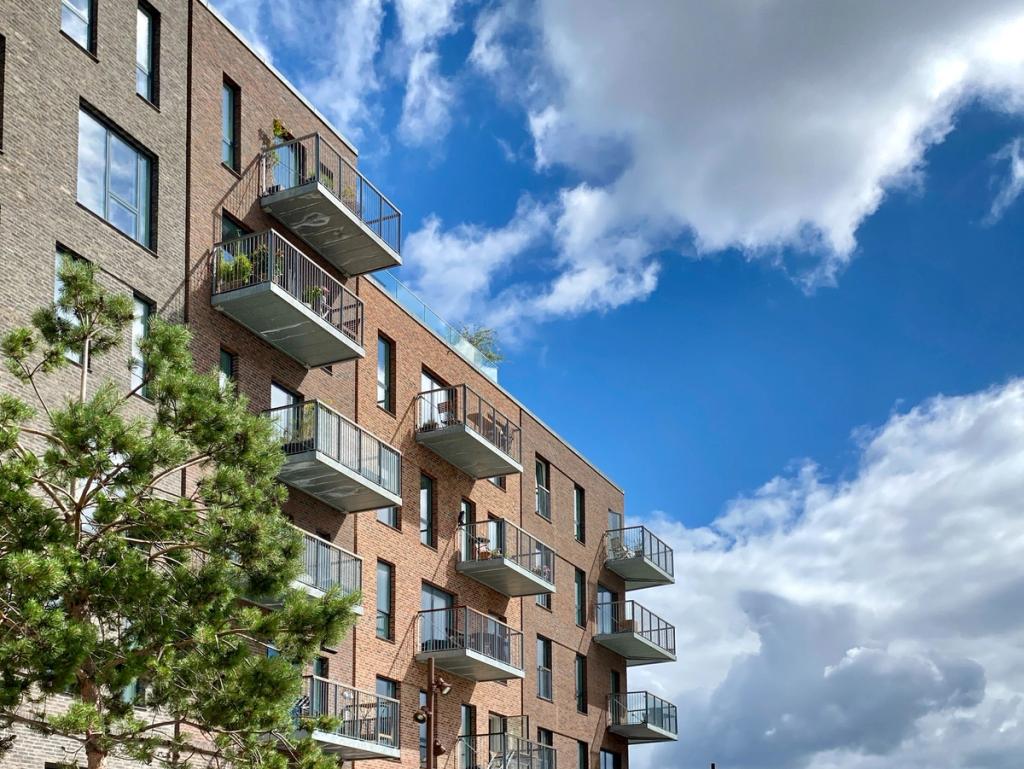Everything You Need to Know About Ground Rent: A Comprehensive Guide
Introduction
Ground rent is a common aspect of home ownership in England and Wales, yet it remains poorly understood by many homeowners and property buyers. When you purchase a leasehold property, you do not own the land it stands on. Instead, you lease the land from the freeholder for a fixed period of time.
As part of this leasehold arrangement, you must pay ground rent to the freeholder for the duration of your lease. While this may sound straightforward, ground rent can quickly become complex and contentious. Rent reviews, lease extensions, purchasing the freehold - the technical and legal intricacies around ground rent often cause confusion and disagreements.
Ground Rent as a Concept
Why Does Ground Rent Exist?
Ground rent exists as a key characteristic of leasehold home ownership. When purchasing a leasehold property, the buyer does not own the land itself - only a long lease from the freeholder. Ground rent provides compensation to the freeholder for the loss of their outright ownership and ongoing access to the land. By charging ground rent annually, the freeholder receives a regular income in exchange for permitting the leaseholder to live on the property for a defined period of time. It also maintains the freeholder's interest in the land on which the property sits. Therefore, ground rent inherently stems from the structure of leasehold ownership, where ownership of land is separated from the property itself for a time-limited lease term. This creates an ongoing relationship between leaseholder and freeholder, formalized through the payment of ground rent.
Defining Ground Rent
Ground rent refers to the annual fee leasehold homeowners pay to the freeholder to lease the land on which their property sits. It is essentially rent paid for the ground. This regular payment is established when the leasehold is created. The amount can be nominal, such as a peppercorn a year, or substantial, like £500 per year. Ground rent is paid annually or in instalments as outlined in the terms of the lease.
What does Ground Rent mean for me?
While the definition provides a general overview, the meaning and implications of ground rent are more complex. Firstly, ground rent is perpetual - it is paid for the entire duration of the lease, unlike rent for a standard rental property. Secondly, the ground rent amount is often subject to periodic rent reviews, allowing the freeholder to increase the amount in line with property values. Thirdly, ground rent payments provide income to the freeholder and increase their underlying interest in the property.
New Rules for Ground Rent
Leasehold Reform (Ground Rent) Act 2022
The Leasehold Reform (Ground Rent) Act 2022 represents a major change to the leasehold sector, restricting ground rents for new residential leases in England and Wales. This important legislation received Royal Assent on 8th February 2022 and came into force on 30th June 2022, with the goal of making home ownership fairer and more affordable.
The main purpose of the Leasehold Reform (Ground Rent) Act 2022 is to set ground rents in new leases of houses and flats to practically zero, where any ground rent demanded may not exceed more than one peppercorn per year. This applies to new long residential leases after 30th June 2022 in England and Wales. Essentially, it means any leasehold homes built and sold from this date forward will have no ground rent payable to the freeholder.
The Act does not apply retrospectively to existing leases. However, it lays the legislative foundations enabling potential future reform of problematic historic leases with escalating ground rents (gov.uk source).
According to the UK government, the Leasehold Reform (Ground Rent) Act 2022 was introduced to make home ownership fairer and more transparent for future generations of leaseholders.
In the past, freeholders have included clauses imposing onerous and rapidly escalating ground rents in new leases. Some leaseholders found themselves contractually obligated to pay exorbitant sums, with no discernible service provided in return. This damaged the reputation of the leasehold sector.
By banning these unfair practices in new leases, the Act prevents this from recurring. It tackles significant ambiguity and unfairness for future leaseholders through this ground rent reform.
The Kings Speech 2023
This week, new leasehold reform proposals were unveiled as part of the King’s Speech in the UK. While not yet law, the announcement signals the government’s intent to continue overhaul of the leasehold sector.
As part of the proposed Leasehold and Freehold Bill, the Department for Levelling Up, Housing, and Communities will consult on potential options to address problematic ground rents for existing leaseholders.
Five options under consideration were confirmed:
- Setting all ground rents to a peppercorn nominal amount
- Capping ground rents at a fixed maximum financial amount
- Linking ground rents to a percentage value of the property
- Limiting ground rents to the original amount when the lease was first granted
- Freezing ground rents at their current amount
As stated by the UK government in a press release (source), The Leasehold and Freehold Bill – which will be introduced to Parliament shortly, will:
- Make it cheaper and easier for people to extend their lease or buy their freehold
- Increase lease extension terms to give people more security and peace of mind
- Give greater transparency over service charges and insurance commissions
- Make it easier for people to manage their building themselves
This announcement follows previous legislation like the Leasehold Reform (Ground Rent) Act 2022, which banned ground rents in most new leases from June 2022. While existing leases are not yet impacted, this signals a broader political agenda to overhaul historic leasehold injustices through ground rent reform.
The unveiling of these proposals in the King’s Speech is a significant milestone. If enacted after consultation, it could provide relief to leaseholders encumbered by punitive ground rent terms. However, the specifics remain subject to future decision-making and agreement before receiving royal assent.
Conclusion
Ground rent is a complex and often contentious aspect of leasehold home ownership. While ground rent might sound straightforward in principle, the details around rent reviews, lease extensions, and freehold purchases demonstrate its intricate nature.
For many leaseholders, ground rent represents an unjust financial burden that erodes the dream of homeownership. Legislation like the Leasehold Reform (Ground Rent) Act 2022 now protects future leaseholders by banning ground rent in most new leases since June 2022, and the newly proposed reforms for existing leases signal political momentum for wider overhaul.






